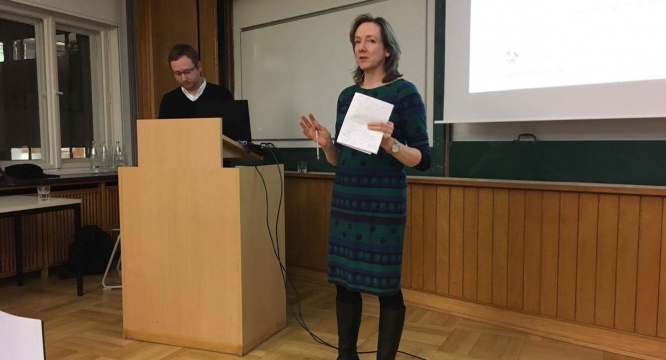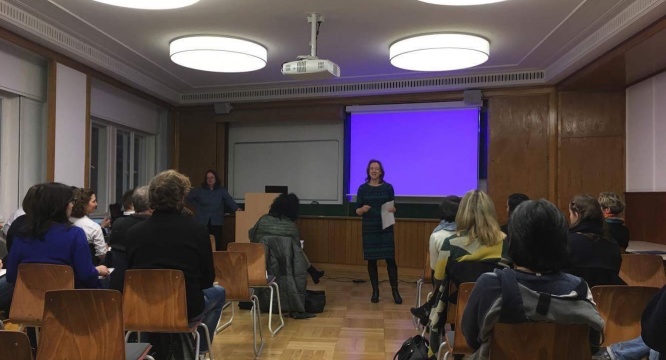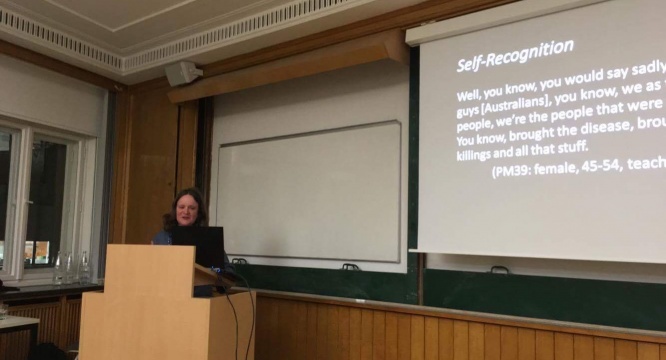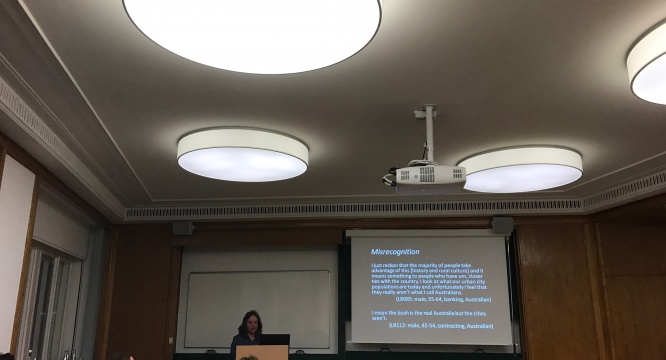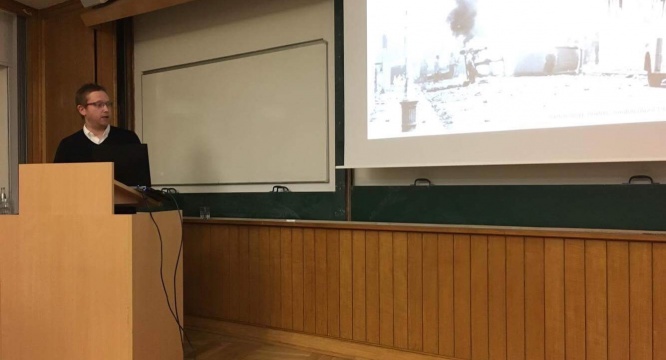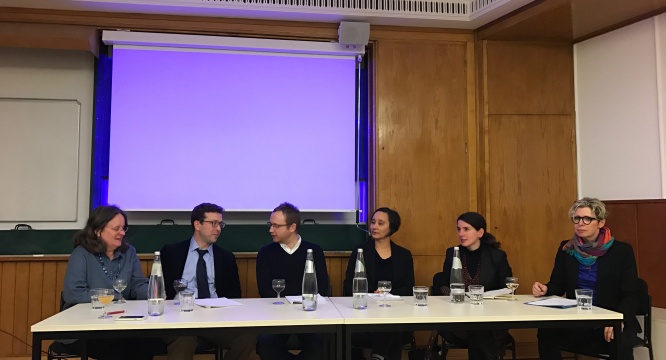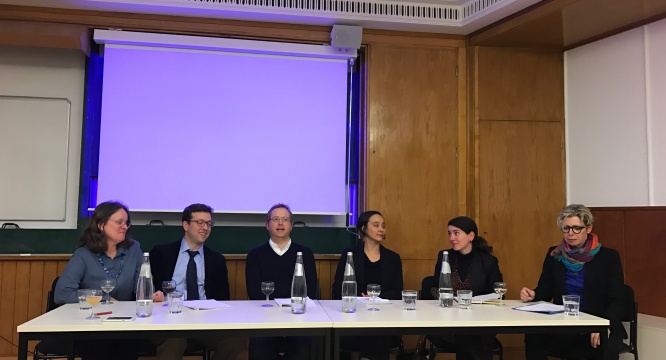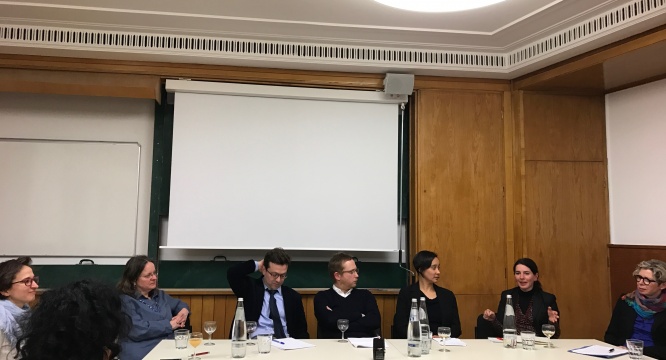Recognition has become a key concept in critical heritage debates. But what does this term offer, in particular in relation to the city? Do cities have a duty to try to give recognition to diverse – all – communities via heritage? How can diverse heritage be ‘gathered’ and ‘displayed’? Should this be only at the initiative of the people themselves, for themselves? How much does it matter if a city’s inhabitants do not identify with the place where the heritage will be saved/displayed?
Laurajane Smith is professor and head of the School of Archaeology and Anthropology, and director of the Centre for Heritage and Museum Studies, at the Australian National University, Canberra. Originally from Australia, she worked for nine years at the University of York, England, where she directed the Masters degree in cultural heritage management. Her publications include Uses of Heritage (2006, Routledge), and the co-edited works Heritage, Labour and the Working Classes (2011) and Intangible Heritage (2009), she is currently working on a second edition of the latter for publication in 2017, and co-editing the collection Emotion, Affective Practices and the Past in the Present (2017). She is also writing a book for Routledge on her long-term research with visitors to museums and heritage sites. She is founder of the Association of Critical Heritage Studies, co-general editor of the Routledge series Key Issues in Cultural Heritage and editor of the International Journal of Heritage Studies.
The opening lecture was followed by talks by Gareth Millington (Department of Sociology, University of York) and David Huyssen (Department of History, University of York).
Following a wine reception a panel discussion took place between the speakers. which also included Claudia Gemmeke (Director Department Forum, Stadtmuseum Berlin), Noa Ha (Centre for Metropolitan Studies, Technische Universität Berlin), and Mirjam Brusius (Faculty of History, Oxford University).
